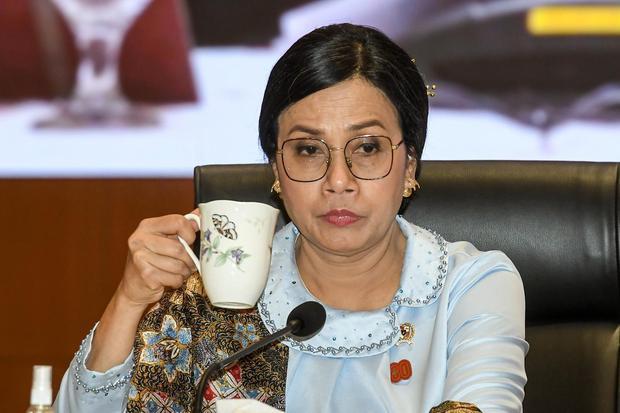
Finance Minister Sri Mulyani Indrawati emphasized that her office is facing a major task to increase tax revenues while maintaining the investment climate in order to achieve the 2026 economic growth target.
"Indeed, our task is heavy on both sides, which are very extreme. On one side, we need to increase tax revenue, and on the other side, we need to support the investment climate to create higher growth," said Sri Mulyani in a working meeting with DPR RI's Commission XI in Jakarta, Friday (8/22).
The government targets tax revenue for next year at Rp2,357.7 trillion, an increase of 13.5% compared to the 2025 projection of Rp2,076.9 trillion. From customs and excise, the revenue target is set at Rp334.3 trillion, or a growth of 7.7%. Overall, tax revenue in the 2026 State Budget (RAPBN) is set at Rp2,692 trillion, an increase of 12.8% from the previous year.
Strengthen Growth and Tax Ratio
Sri Mulyani stated that tax instruments are not only aimed at increasing revenue, but also at strengthening economic growth and increasing the tax ratio. Next year, the tax ratio is targeted at 10.47% of gross domestic product (GDP), higher than this year's projection of 10.03%.
- Gas Supply Delayed, Bahlil Shifts Part of Export Allocation to Domestic Use
- Indonesian Economy Not Yet Recovered, DPR Reminds Government Not to Raise Taxes
- 10 Premium Rice Brands Proven to Have Medium Standards, People Suffer Loss of Rp 10 Trillion
On the other hand, the government also targets investment growth of 5.2% in 2026. This effort will be supported through fiscal incentives, strengthening economic areas, as well as the involvement of the Danantara Investment Management Agency (BPI) together with the private sector.
"Here (taxes and investments), we will carefully maintain them, balanced between two entirely different goals," he said.
In the 2026 State Budget, economic growth is targeted at 5.4%. Sri Mulyani stated that this achievement is important as a foundation towards President Prabowo Subianto's target of bringing economic growth to the level of 8%.
In the macro-policy level, the Ministry of Finance will synergize with Bank Indonesia (BI) and the Financial System Stability Committee (KSSK) to maintain stability and promote growth acceleration.
Comments
Post a Comment